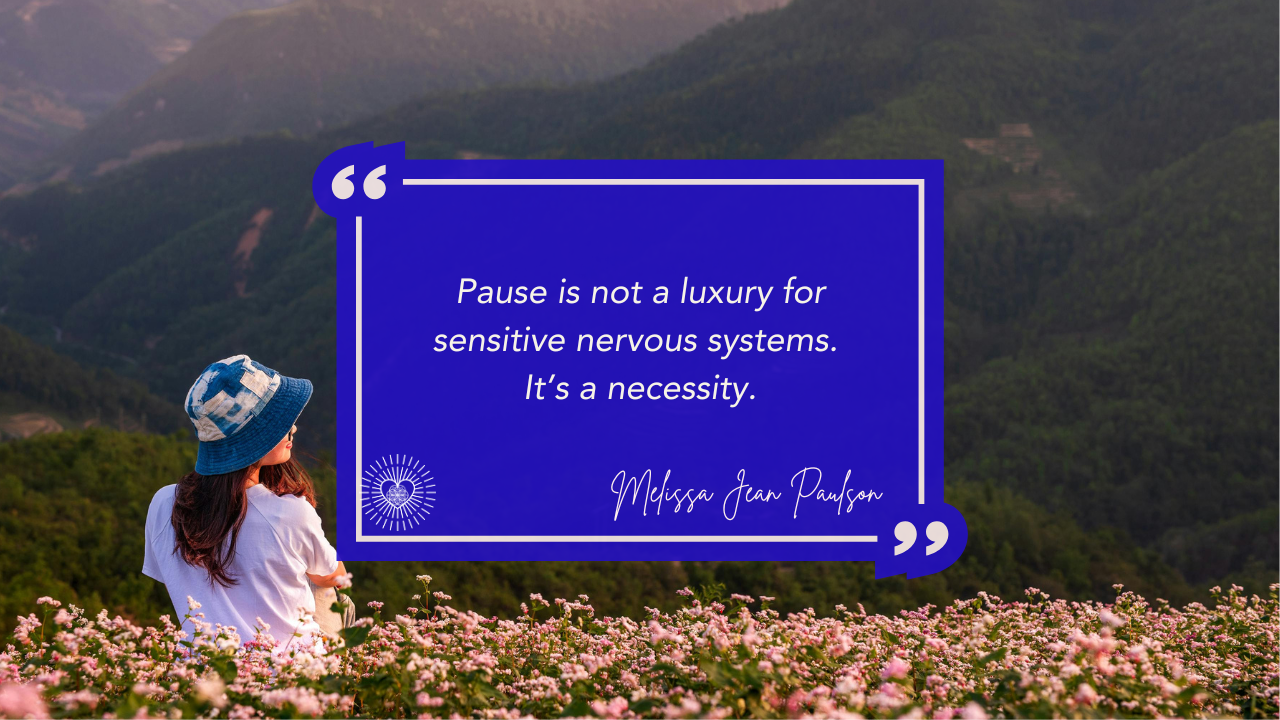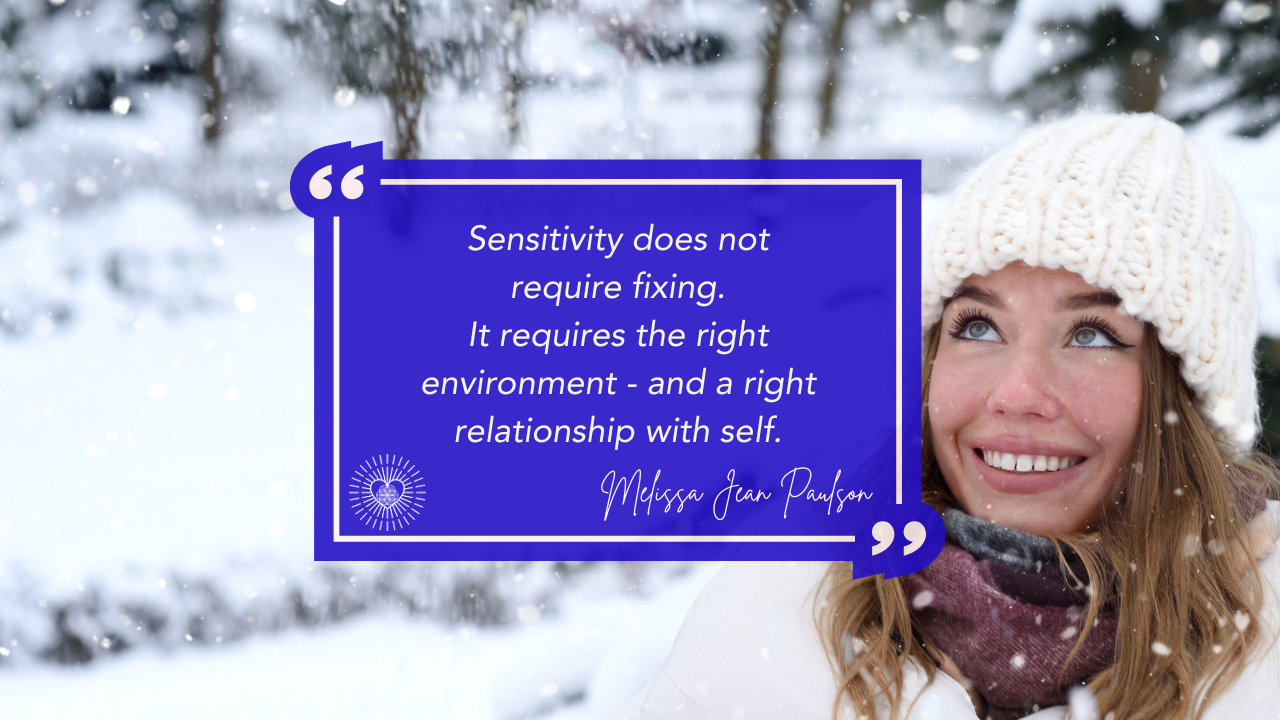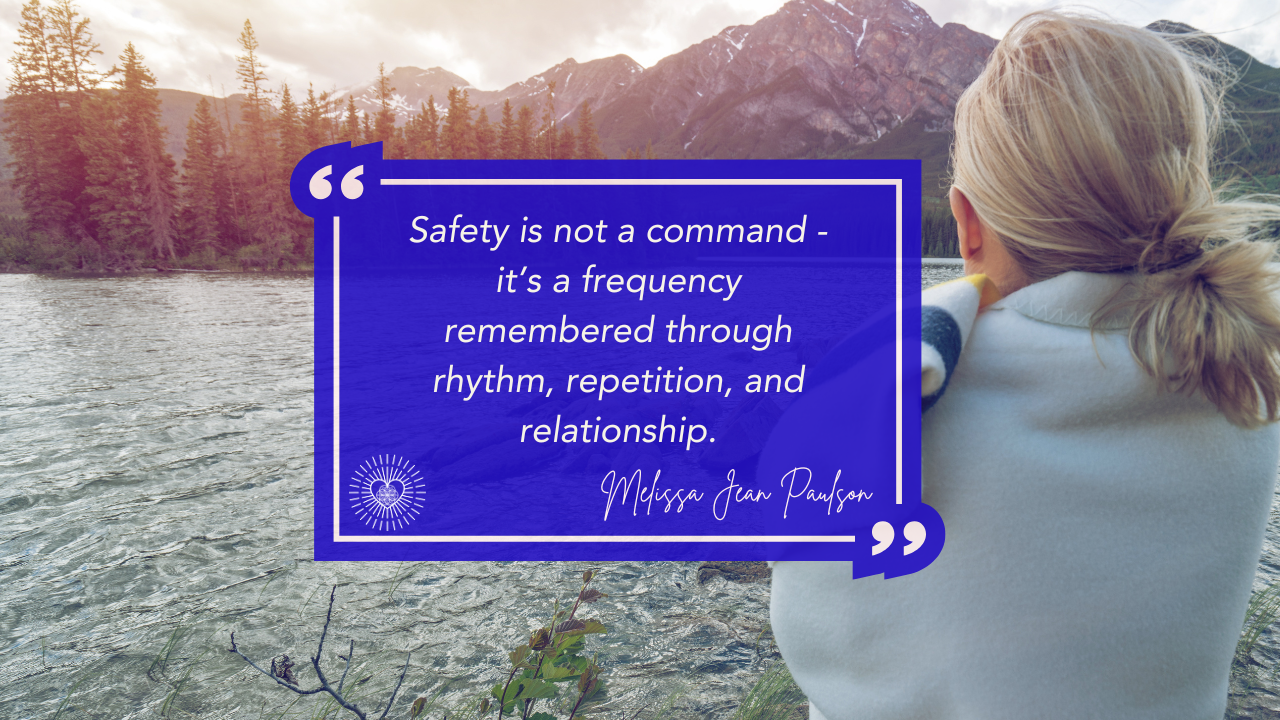Breaking Down Core Beliefs Hindering Women's Self-Love
May 31, 2024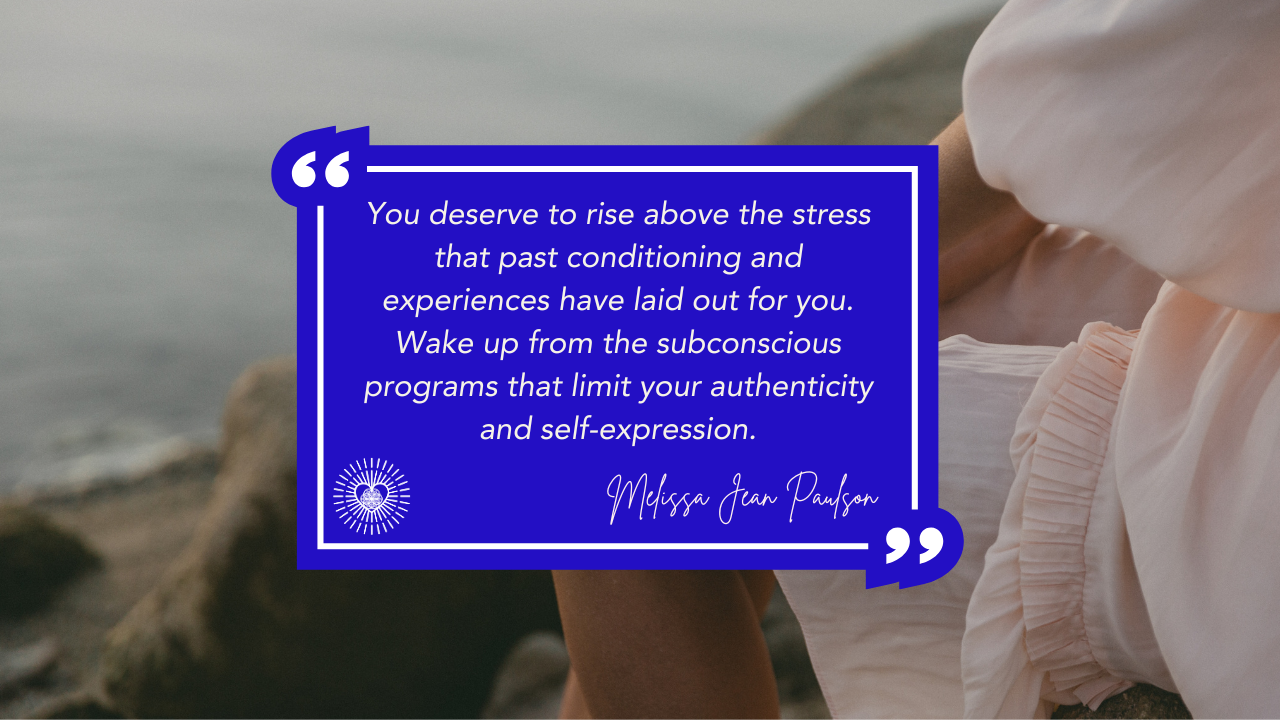
In the journey towards self-discovery and personal growth, understanding the core beliefs that shape our perceptions of self-worth, expression, and love is crucial. Particularly among women, societal expectations, past experiences, and internalized beliefs can create barriers to authentic self-expression and self-love. In this blog post, we will delve into some of these core beliefs and explore ways to overcome them for a more empowered and fulfilling life.
1. The Myth of Perfectionism
Many of us have been conditioned to believe that perfection is the ultimate goal, whether it's in our careers, relationships, or appearance. This belief fosters a fear of failure, self-criticism, and a recurring need for external validation. This perfectionistic mindset can hinder self-expression, creativity, and self-love. The truth is, embracing our imperfections and learning from setbacks is what truly leads to growth and self-acceptance.[1]
2. Self-Worth Tied to External Validation
From a young age, girls are often taught that their worth is tied to their external factors such as appearance, achievements, or societal approval. This belief can lead to a constant seeking of approval and validation from others, instead of recognizing and appreciating our inherent value as individuals.[2]
3. Fear of Vulnerability and Authentic Expression
Women often fear being vulnerable or expressing their true thoughts and emotions due to fear of rejection, criticism, or judgment from others. This fear can lead to emotional suppression, difficulty in forming authentic connections, and a lack of self-compassion. [3]
Expressing our genuine emotions or asserting ourselves is sometimes seen as unacceptable or threatening, especially for women. This fear of vulnerability can prevent us from truly connecting with others and expressing our authentic selves, leading to feelings of isolation and inner conflict.
4. Comparison Culture and Unrealistic Standards
In today's social media-driven world, comparison has become a constant companion for many women. The curated images and stories we see online often create unrealistic standards of beauty, success, and happiness. Constant comparison not only erodes self-esteem but also hinders genuine self-expression based on our unique strengths and values.
5. Healing from Past Traumas and Limiting Beliefs
Past traumas and negative experiences can leave deep, often invisible wounds that significantly shape our beliefs about ourselves and the world. These experiences can create limiting beliefs that hinder our ability to express ourselves authentically and love ourselves fully. Recognizing and addressing these deep-seated beliefs is a crucial step in the journey towards healing and self-empowerment.
Trauma can alter the way we perceive ourselves, others, and our environment. It can instill a sense of fear, mistrust, and helplessness affecting our ability to establish healthy relationships and pursue our dreams with confidence. Traumatic experiences, whether from childhood or later in life, often embed themselves in our subconscious, influencing our thoughts and behaviors in ways we may not even be aware of.
The Power of Healing:
Healing from past traumas and limiting beliefs is a transformative process that leads to greater self-awareness and inner peace. It empowers us to reclaim our narrative, break free from the constraints of our past, and move forward with a renewed sense of connection, passion and purpose. By undertaking this journey, we not only improve our mental and emotional well-being but also enhance our capacity for genuine self-expression and self-love.
Common Core Beliefs that May Inhibit True Expression and Self-Love (especially for women)
-
I am not worthy, unless I meet certain standards of beauty, success, or perfection.
-
Mistakes and failures are signs of weakness and inadequacy.
-
I must prioritize others' needs and happiness over my own.
-
Expressing emotions is unacceptable or dangerous.
-
Asking for help or showing vulnerability is a sign of weakness or incompetence.
-
I am responsible for others' emotions and actions, and I must avoid conflict at all costs.
-
My worth is dependent on external validation, such as approval from others or achievements.
-
Past traumas or experiences define and limit my potential for happiness and success.
-
I am powerless to change my circumstances or create the life I desire.
-
Self-care and self-love are selfish or indulgent behaviors that should be avoided.
-
I am not enough as I am; I need to constantly improve or change myself to be worthy of love.
-
I must hide my true thoughts, feelings, or desires to avoid judgment or rejection.
These beliefs can be deeply ingrained in the subconscious mind and below awareness. It may require intentional focus, reflection, and therapeutic interventions to challenge and reframe to foster authentic self-expression and self-love. You deserve to rise above the stress that past conditioning and experiences have laid out for you. Wake up from the subconscious programs that limit your authenticity and self-expression. Commit to yourself and know that you are not alone. You can do it, one breath and step at a time!
Overcoming Limiting Beliefs for Empowerment and Self-Love
1. Awareness and Mindfulness: The first step in healing is becoming aware of the limiting beliefs and negative self-talk that hold us back. Mindfulness practices, such as deep breathing, meditation and journaling, can help us recognize these patterns.
2. Embracing Imperfections: Accepting that imperfections are a natural part of the human experience allows us to let go of the unrealistic expectation of perfection. Embracing our flaws and learning from our mistakes fosters resilience and self-acceptance.
3. Reframing Negative Beliefs: Actively challenging and reframing negative beliefs is crucial. This involves identifying them, exploring the origin of these beliefs, understanding their impact, and consciously replacing them with more empowering and positive narratives.
4. Self-Compassion: Treating ourselves with kindness and understanding is essential. This means forgiving ourselves for past mistakes and acknowledging our efforts and progress. Self-compassion helps us to rebuild our self-esteem and fosters a more positive self-image.
5. Building a Support Network: Surrounding ourselves with supportive and understanding individuals can make a significant difference. Trusted friends, family members, and support groups can provide encouragement and help us stay accountable on our healing journey.
6. Therapeutic Support: An integrative and holistic approach is beneficial whether in need of therapy or coaching. Modalities such as CBT, ACT and hypnotherapy can be particularly effective in addressing trauma and reshaping limiting beliefs. ACT helps individuals to accept their thoughts and feelings rather than fighting or feeling guilty for them, and to commit to making necessary behavioral changes regardless of what is going on in their lives. Hypnotherapy, on the other hand, utilizes the power of suggestion while in a state of deep relaxation to reprogram the subconscious mind, releasing negative beliefs and replacing them with empowering ones.
In Conclusion
Healing is a continuous process of reclaiming your inner voice and power. It involves raising awareness of the limitations from past conditioning, beliefs, or experiences—and it's okay to seek help along the way. The Rise Above Stress process supports you in this journey, helping you reframe old patterns and create a life grounded in healthy habits, authenticity, and empowerment. You are not defined by your past, and with patience, you can overcome challenges and thrive.
References:
Stoeber, J., & Otto, K. (2006). Positive conceptions of perfectionism: Approaches, evidence, challenges. Personality and Social Psychology Review, 10(4), 295–319. doi:10.1207/s15327957pspr1004_2 This research review discusses positive aspects of perfectionism, such as striving for excellence and high standards, but also highlights the challenges and negative impacts associated with perfectionistic tendencies, including fear of failure and self-criticism.
Crocker, J., & Wolfe, C. T. (2001). Contingencies of self-worth. Psychological Review, 108(3), 593–623. doi:10.1037/0033-295x.108.3.593 This research paper delves into the concept of contingencies of self-worth, highlighting how individuals base their self-worth on external factors, which can have significant implications for psychological well-being and self-esteem.
Brown, B. (2012). Daring greatly: How the courage to be vulnerable transforms the way we live, love, parent, and lead. New York, NY: Gotham Books. In her book "Daring Greatly," Brené Brown explores the concepts of vulnerability, shame, and courage. Her research emphasizes the importance of embracing vulnerability as a pathway to meaningful connections, self-acceptance, and wholehearted living.
This blog is part of The Re-Aligned Journey™ - A Spiral of Healing and Remembrance for sensitive women returning to right relationship with mind, body, and soul.
Join the Rise & Realign Lunar Letter
A weekly reflection of moon, mind, and body - guiding sensitive women to rise, reclaim, and remember.
Your privacy is sacred. We will never share or sell your information.
